Digestive enzymes
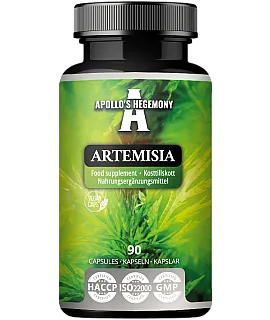
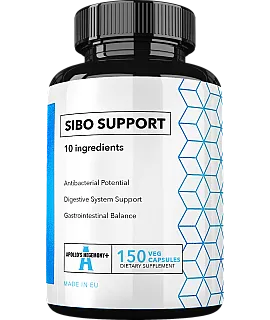
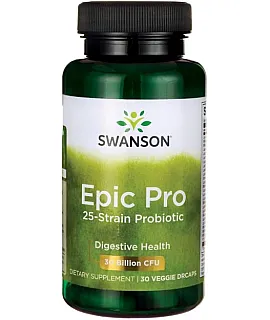
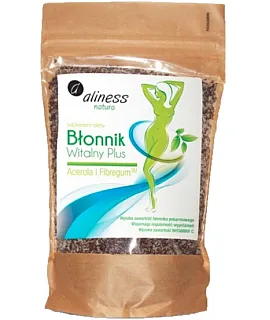
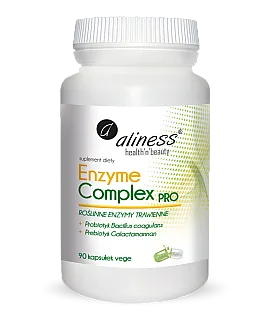
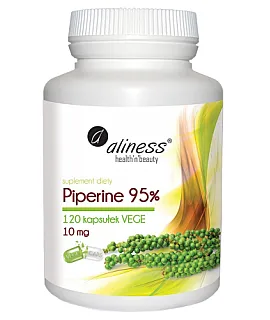
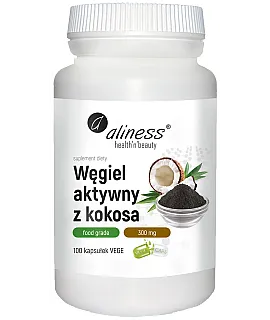
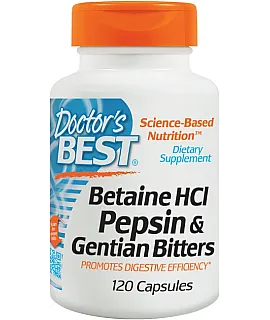
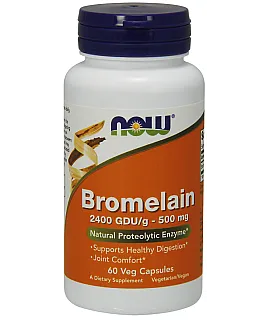
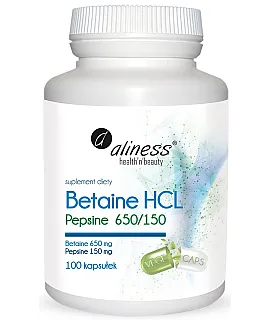
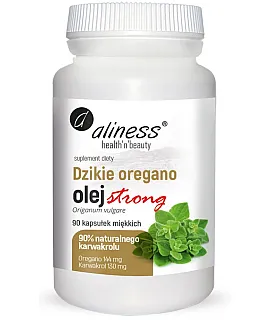
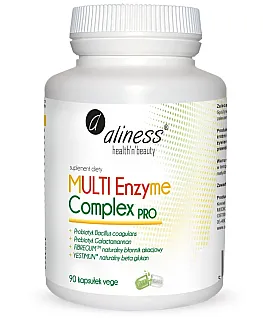
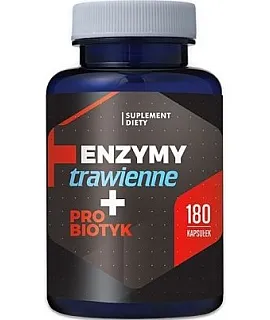
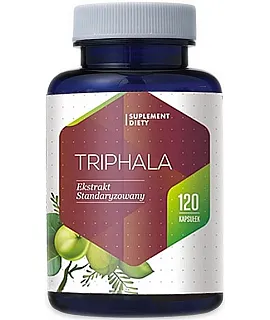
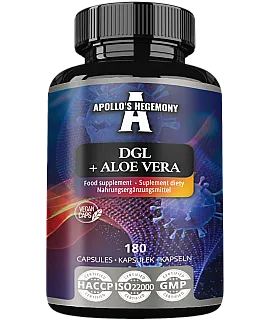
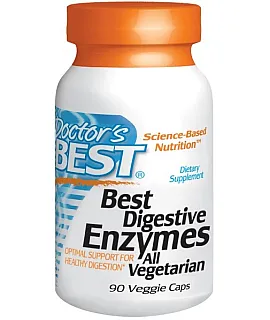
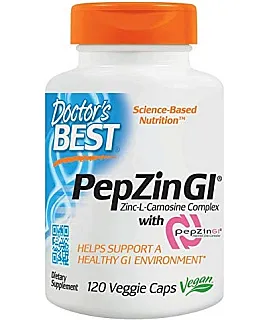
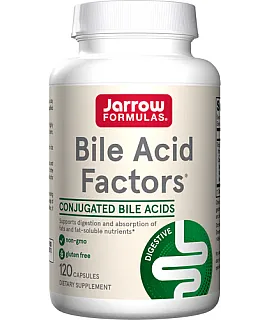
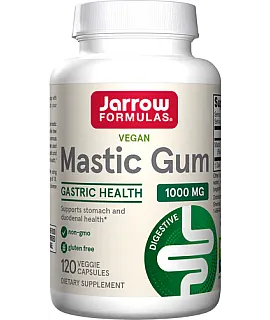
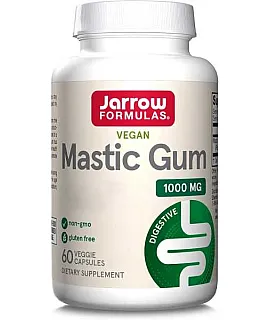
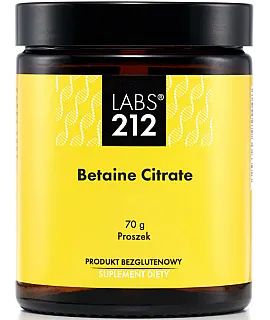
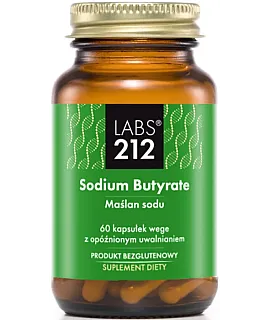
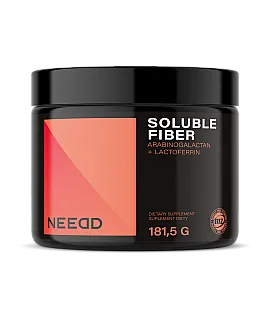
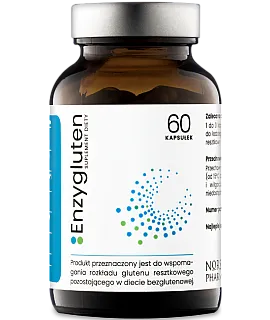
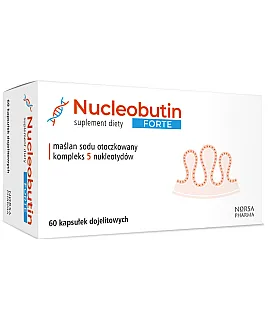
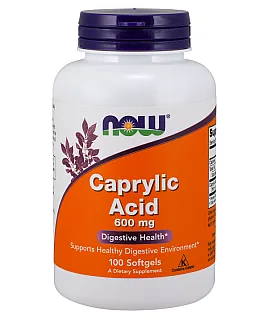
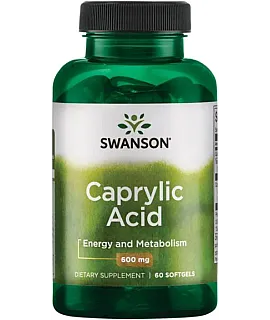
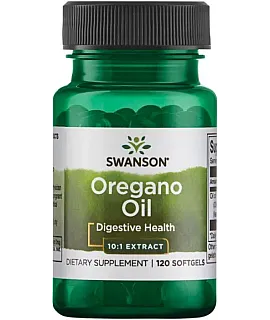
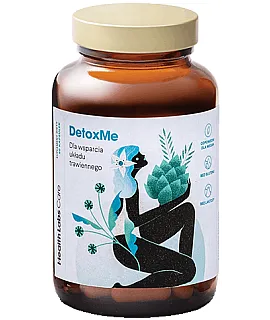
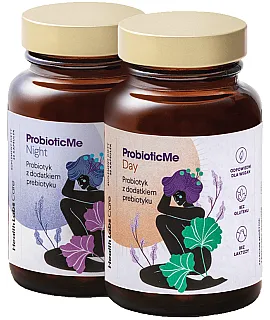

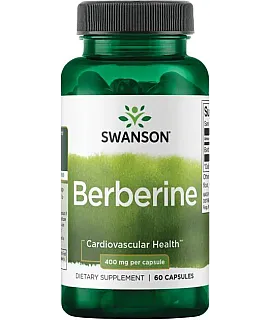
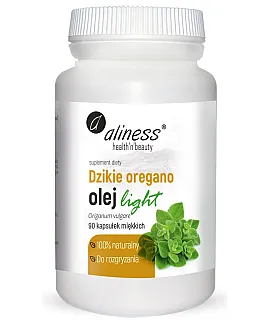
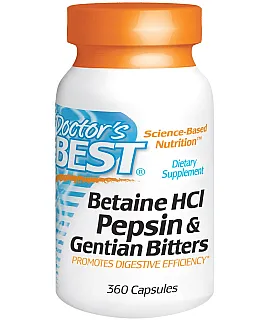
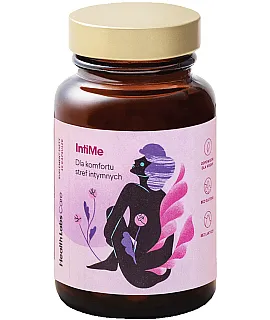
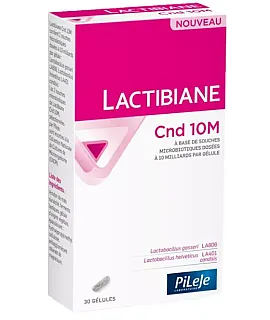
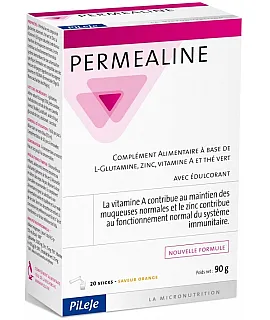
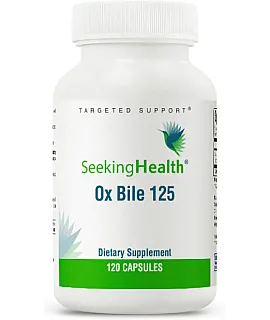
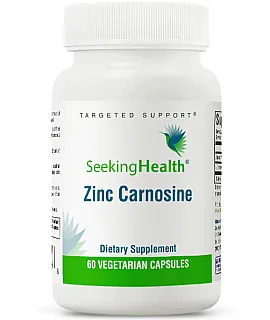
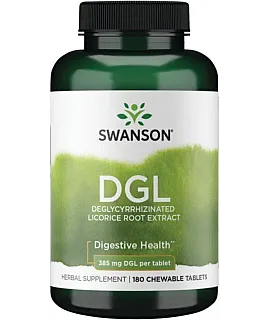
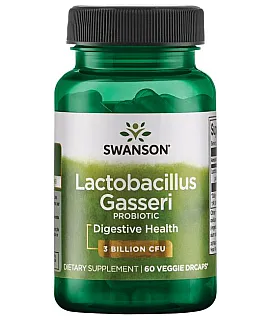
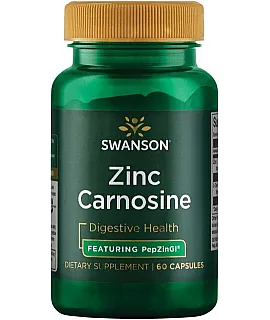
Digestive enzymes are extremely important substances that play a key role in the digestive process. They are proteins that catalyze chemical reactions, allowing nutrients from food to be broken down into smaller molecules that can be easily absorbed by the body. Natural digestive enzymes are found in many foods, such as pineapple, papaya and kiwi, but sometimes the amount can be insufficient. In such cases, it is advisable to reach for dietary supplements containing digestive enzymes to support the digestive process and improve the overall functioning of the digestive system. Read more
The role of digestive enzymes in the body
Digestive enzymes are essential for the proper functioning of the digestive system. Their main task is to break down nutrients from food into smaller molecules that can be easily absorbed by the body. Without digestive enzymes, the process of digestion would be greatly hindered, and nutrients could not be fully utilized by the body.
There are many different digestive enzymes in our body, each with its own specific task. For example, amylases are responsible for digesting carbohydrates, lipases for digesting fats, and proteases for digesting proteins. Digestive enzymes are secreted by various organs, such as the pancreas, stomach and intestines, and their quantity and activity can vary depending on age, health or diet.
A deficiency of digestive enzymes can lead to various ailments, such as bloating, abdominal pain, constipation or diarrhea. That's why it's important to take care of the proper functioning of the digestive system and provide the body with an adequate amount of digestive enzymes, whether through a healthy diet or supplementation.
Natural sources of digestive enzymes
Digestive enzymes occur naturally in many foods. One of the richest sources of digestive enzymes is pineapple, which contains an enzyme called bromelain. Bromelain helps digest proteins, so it can be especially helpful if you have problems digesting meat.
Another natural source of digestive enzymes is papaya, which contains an enzyme called papain. Papain, like bromelain, helps digest proteins and has anti-inflammatory effects. Papaya is also rich in fiber, which aids intestinal peristalsis and regulates the digestive system.
Digestive enzymes are also found in other fruits, such as figs, kiwis, bananas and avocados, as well as in some vegetables, such as broccoli, spinach and sprouts. It is worth including these foods in your diet to provide your body with a natural source of digestive enzymes.
Dietary supplements containing digestive enzymes
Sometimes, despite eating a healthy diet, the body can become deficient in digestive enzymes. In such cases, it is advisable to reach for dietary supplements containing digestive enzymes, which will support the digestive process and improve the overall functioning of the digestive system.
Dietary supplements with digestive enzymes are available in various forms, such as capsules, tablets or powders. They contain a mixture of different digestive enzymes, such as amylases, lipases or proteases, which work synergistically to help digest various nutrients.
When choosing a digestive enzyme supplement, it is worth paying attention to its composition and the origin of the enzymes. It is best to choose supplements containing enzymes of plant origin, such as bromelain from pineapple or papain from papaya, which are well absorbed by the body and have high digestive activity.
Digestive enzymes and digestive problems
A deficiency of digestive enzymes can lead to various digestive problems, such as bloating, abdominal pain, constipation or diarrhea. Supplementation with digestive enzymes can help alleviate these discomforts and improve the overall functioning of the digestive system.
Supplements containing protein-digesting enzymes, such as bromelain or papain, can be particularly helpful for digestive problems. These enzymes help break down proteins into smaller molecules, making them easier to absorb and reducing the risk of digestive discomfort.
Supplementation with digestive enzymes can also be beneficial for those suffering from lactose intolerance. Lactase, the enzyme that digests lactose, is often found in insufficient amounts in the body, leading to problems tolerating dairy products. Lactase supplements can help alleviate the symptoms of lactose intolerance and allow you to consume dairy products without discomfort.
How to choose the right digestive enzyme supplement?
When choosing a digestive enzyme supplement, there are several key factors to consider. First of all, it is advisable to choose supplements containing enzymes of plant origin, such as bromelain from pineapple or papain from papaya, which are well absorbed by the body and have high digestive activity.
It is also important to choose a supplement that contains a mixture of different digestive enzymes, such as amylases, lipases or proteases, which work synergistically to help digest different nutrients. It's also a good idea to pay attention to the dosage and method of taking the supplement - it's best to follow the manufacturer's recommendations and not exceed the recommended daily serving.
It is a good idea to consult a doctor or pharmacist before starting digestive enzyme supplements, especially if you suffer from any gastrointestinal conditions or are taking medications on a regular basis. Some digestive enzymes may interact with medications or aggravate the symptoms of certain diseases, so always exercise caution and use supplements as directed.
Key information about digestive enzymes and supplements:
- Digestive enzymes are essential for proper digestion and absorption of nutrients from food.
- Natural sources of digestive enzymes include pineapple (bromelain), papaya (papain) and some vegetables and fruits.
- Supplementation with digestive enzymes can help with enzyme deficiencies or digestive problems such as bloating, constipation or indigestion.
- When choosing a supplement, it is worth paying attention to the origin of the enzymes (preferably plant-based), their variety, and the dosage according to the manufacturer's recommendations.
- Before starting digestive enzyme supplementation, consult your doctor or pharmacist, especially if you have gastrointestinal diseases or are taking medications on a regular basis.